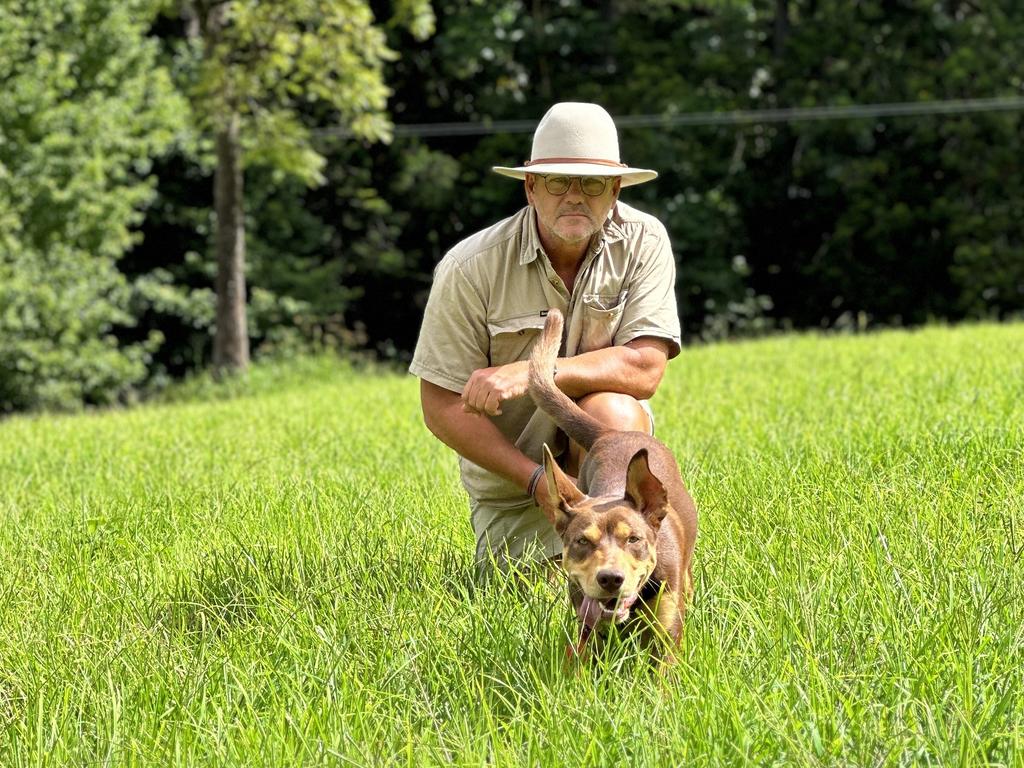
Article by Ian Royall, courtesy of Mercury
26.08.2025
The future of 17,000 family farms across Australia remain in limbo because of proposed tax increases to superannuation funds.
The super revamp would mean that self-managed superannuation funds with balances above $3m would pay twice as much tax – from 15 to 30 per cent – on unrealised gains.
Thousands of family farms rely on their super funds to hold their farm assets, so they can pass the property on to the next generation, and the National Farmers’ Federation says the rise is “fundamentally unfair’’.
More than 3500 farming businesses would be immediately impacted by the new tax, and many more would face bigger bills in the coming years, especially as land values increase.
NFF President David Jochinke said taxing unrealised gains was the worst option.
“It’s fundamentally unfair to tax hardworking families for paper gains on assets they haven’t sold,” Mr Jochinke said.
Holding the family property in superannuation was a legitimate way for farm succession planning, he said.
Self-managed superannuation funds are common in the agriculture sector with older farmers often keeping their assets in a SMSF and leasing the operations to their kids.
And like any property, farmland values can rise but that increase doesn’t actually translate to income. So the tax impost would apply to these rises – or unrealised gains – even though the property is not being sold.
NSW Northern Rivers grazier Craig Huf said the super changes would make it impossible for his family property to be passed on to the next generation.
“Many hardworking Aussie farming families like my own have their farm assets in structures such as self-managed superannuation funds,” Mr Huf said.
“These changes will tax our families on money we haven’t earnt, because we’ve supposedly made money on assets we haven’t sold.’’
Mr Huf said the federal government’s failure to recognise a common business structure could result in farms being taken away from families.
The Self-Managed Super Fund Association told a Senate inquiry that more than 17,000 SMSF accounts held farming land in 2021/22.

Victorian Farmers Federation president Brett Hosking said the super tax was not fit for purpose for farming businesses, and called on government to consider the broader picture of primary industries.
“It’s a bigger decision of you how much do we value clean, safe, healthy food produced locally here in Australia and if the answer to that question is yes, we value those things, and we want that for our country, then we need to think about ways in which our farmers can manage to hold large asset bases of land in structures that don’t attract an unnecessary tax burdens,’’ Mr Hosking said.
Research by the University of Adelaide found that the super tax change could create substantial liquidity challenges for a significant number of SMSF members.
The cumulative effect could force the sell-off of assets and have negative financial impacts, the report by the International Centre for Financial Services found.
The NFF is also working with research body AgriFutures to evaluate how Australia’s tax settings impact primary producers.
The Better Targeted Superannuation Concessions Bill is not yet law, but the government is expected to push the legislation through parliament soon.
An analysis by super industry body, the Association of Superannuation Funds of Australia, found that about five per cent of the 80,000 impacted funds were from farming sources.
ASFA chief executive Mary Delahunty said the group broadly supported the government’s intention to “improve equitable outcomes in the sector’’.
“It is important to remember that superannuation’s purpose is to provide a dignified retirement to working Australians. Super attracts tax concessions because self-funded retirees reduce pressure on the age pension and therefore the taxpayer,” she said.
“Currently it’s higher income earners, who are more likely to be already well set up for retirement, who benefit most from superannuation tax concessions.”
